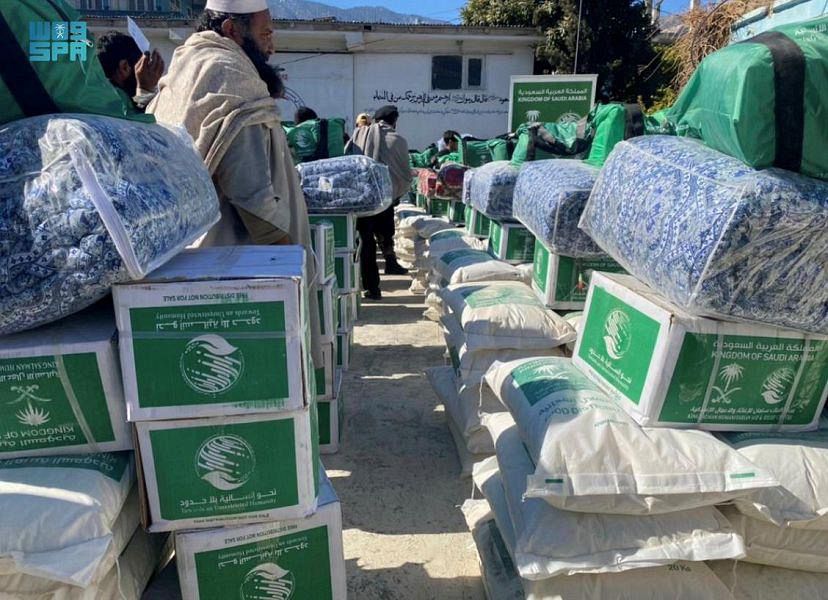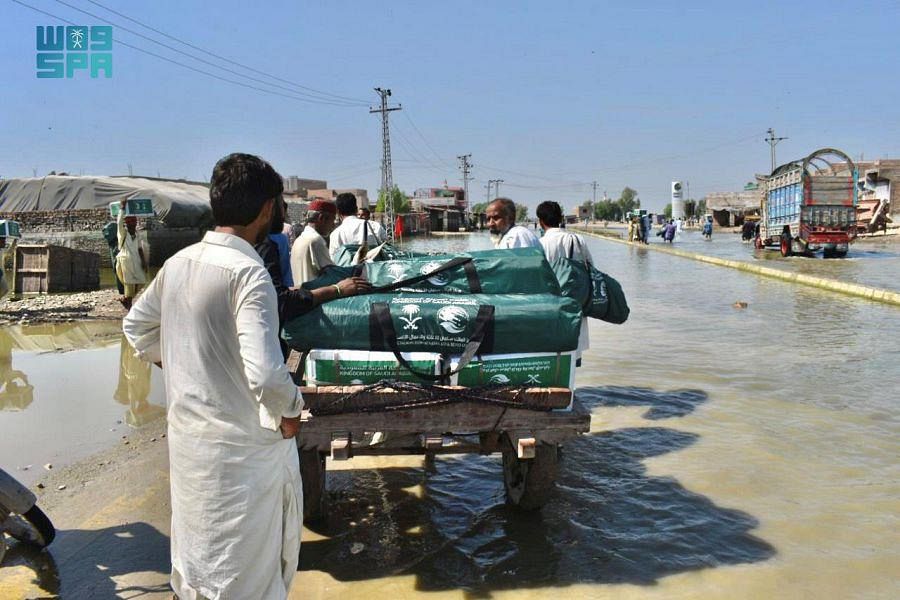
MPs are scrambling to rescue more than 7,000 constituents and family members trapped in Afghanistan, according to figures provided to the Guardian, dwarfing the only estimates provided by the government of the number left behind.
Scores of Labour MPs have been inundated with pleas for help from thousands of constituents whose relatives have been left stranded since the UK’s final emergency airlift left Kabul following the country’s rapid fall to the Taliban. Among them are children, disabled relatives and people who face persecution due to their work, all with potential eligibility to be resettled in Britain.
The MPs recorded multiple, harrowing cases of UK residents reporting family members having been abducted or killed in the past week, and others whose front doors have been marked with a red cross by the Taliban. The cases of at least 5,000 at-risk people have been passed to the Foreign Office but only a fraction have received a reply, MPs said.
On Friday the defence secretary estimated that 800 to 1,100 Afghans who had worked with Britain and were eligible for resettlement would fail to make it out by air. The government has not disclosed how many others it believes to be eligible for resettlement, though Whitehall sources have suggested the figure could be about 9,000.
Data collated from about 50 Labour MPs shows they are trying to help more than 7,000 people escape. The true tally being dealt with by Westminster’s 650 MPs is likely to be significantly higher.
Lisa Nandy, the shadow foreign secretary, accused the government of putting lives at risk. “Even now, weeks after Kabul fell, it is appalling that the government still has no idea how many Afghans who assisted us are eligible to come to the UK, no clear criteria for determining who is eligible and no accurate picture of the numbers of Britons left behind.”
A government source said the airlift from Kabul, known as Operation Pitting, was intended to remove UK nationals and Afghans eligible under the Afghan Relocations and Assistance Policy (Arap), aimed primarily at those who had worked with UK forces. “It would disingenuous to say that all those still in Afghanistan were left behind by Operation Pitting,” they said.
Jess Phillips, the Labour MP for Birmingham Yardley, said her office had been trying to evacuate more than 400 people, including three boys aged under 11 whose father had been killed by the Taliban, and they were stranded without their mother outside Kabul airport.
Phillips said she was aware of only six who had made it out of Kabul, despite sending details of hundreds of cases to government inboxes. “If you take the eligibility criteria, it’s got to be thousands and thousands that haven’t been got out,” she said.
Ministers have said that more than 15,000 people have been evacuated by the UK since 14 August. Those eligible included British nationals and their dependants, Afghans who worked for the UK government and military and their dependants, and other Afghans who are at particularly high risk, such as activists and those who worked in law enforcement.
Among members of these at-risk groups still thought to be stranded are the offspring of a lieutenant colonel in the Afghan army, who is in hiding in Kabul, and a former contractor who helped US intelligence services and whose family did not get out. These cases are among the many that have been flagged to the Foreign Office, though last week thousands of such emails were going unread, the Observer reported.
The London borough of Ealing is home to the biggest population of Afghan nationals in the UK. James Murray, Labour MP for Ealing North, said his office was handling 230 active cases but that this was believed to involve more than 1,400 people stuck in Afghanistan. The government had responded to six of his cases, he said.
Preet Gill, shadow international development secretary, confirmed she is trying to help more than 250 stranded Afghan relatives of her Birmingham Edgbaston constituents in addition to 240 Afghan Sikhs who were approved to fly to the UK by the Foreign Office but were not issued papers.
She said: “I’ve got 50 cases involving 250 children. It has been absolutely heartbreaking. I’ve had calls in my office from people from Afghanistan, desperately pleading for assistance. There’s 240 Afghan Sikhs who made it to the airport, and then there was firing. I was on the phone with them. I was hearing the distress in their voices. They had to turn back and they are now seeking refuge back into the Gurdwara.”
Labour’s East Ham MP, Stephen Timms, said his office has been contacted by 114 individuals, some of whom are British constituents trapped in Kabul while others are UK residents who want help getting family to safety.
“Between them, they are asking for assistance to help about 600 people to come to the UK,” he said. “There are a lot of Afghan families where the father has got indefinite leave to remain here, or maybe is actually a citizen here, but his wife and their children are in Afghanistan. Most Labour MPs seem to be up to their eyeballs in scores of these cases, particularly in London.”
In Bolton, MP Yasmin Qureshi’s office was helping 86 constituents, with many asking for assistance for at least five relatives although some involved families of 15 trapped in Afghanistan.
Thangam Debbonaire, the shadow leader of the Commons, said: “Everyone appreciates it’s a fast-moving situation, but MPs need more help and communication from the government. They had 18 months to plan for this, but it all seems so chaotic and mismanaged.”
Chris Bryant, the Labour MP for Rhondda, said the foreign affairs select committee on which he sits had so many questions about the evacuation programme and the lead-up to it that it was likely to quiz Dominic Raab, the foreign secretary, several times as part of an inquiry. Raab appears for the first time on Wednesday.
The Foreign Office was approached for comment.












